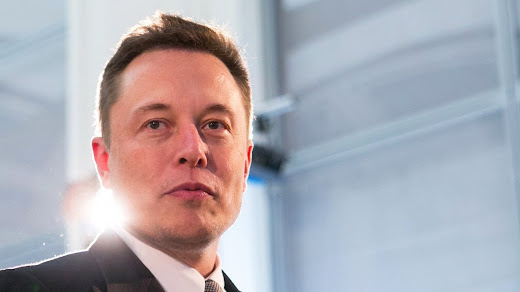Skip to main content
Elon Musk and the IMAGINATION FAILURE OF OUR IN SPACE - PART 3
- In fact, the young woman had a valid legal point. Under the terms of Article II of the U.N.’s Outer Space Treaty, from 1967, to which the U.S. is an original signatory, the moon and other celestial bodies, such as asteroids, are “not subject to national appropriation by claim of sovereignty, by means of use or occupation.” Permanent ownership claims to an asteroid, whether by a company or a bunch of college space nerds, are unlawful—some might even say rapacious. So, yes, there are a few rights associated with that barren rock.
- The asteroid anecdote inadvertently highlights a contradiction in the astropreneurs’ approach that Davenport mostly glosses over: while the space barons are happy to take large amounts of government funding, they’re quick to complain when the government attempts any oversight of their endeavors. SpaceX’s first Falcon 1 rocket was partly funded by the government and launched from a government facility. When the first launch attempt ended in an explosion, in 2006, a nasa official, knowing that an investigation into the failure would be required, tried to take charge of cataloguing the debris. Musk was furious at what he saw as interference in his company’s affairs. Davenport seems to take his side, quoting the nasa official himself excusing Musk for this behavior: “You couldn’t blame him. This was his money, and he had put $100 million into it.”
- In 2014, a SpaceShipTwo crash killed the pilot Michael Alsbury, and a federal investigation found that his death resulted, as Davenport reported elsewhere, from a “combination of pilot error and the systematic failure to implement basic safeguards,” including proper training for pilots. In “Space Barons,” though, Davenport frames the incident as a test of Virgin Galactic’s heroic resolve. “This was their crucible, their Apollo 1 moment,” he writes. “The time to decide whether they would retreat or reassemble and attack again stronger.” He is critical of Blue Origin’s obsession with secrecy, and the company’s week-long silence, in 2011, after one of its rockets exploded. (The company was working with nasa, and would eventually be awarded government contracts worth $25.7 million.) But mostly he admires the billionaires for banding together to resist Washington’s efforts to “stifle a fledgling industry before it had left the nest.” (They now have a fan in the Oval Office, too: at a Cabinet meeting, in March, President Trump gazed at model rockets and gushed about the commercial space industry. “Rich guys, they love rocket ships,” he said. “That’s good.”)

Comments
Post a Comment